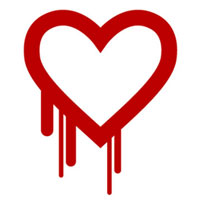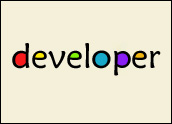
As part of its appeal against a decision by a district court judge, SCO has filed a claim purporting that IBM destroyed certain software code, thus making it impossible for the Utah-based company to detail how IBM had infringed its Unix code.
Last year IBM asked the court to limit the scope of SCO’s claims on the grounds that SCO had not provided enough information on the specific code that it claimed IBM had infringed. Not quite a month ago, Judge Brooke Wells sided with IBM and dismissed two-thirds of the nearly 300 claims SCO had made against IBM. That is the decision SCO is appealing.
At the time, SCO had argued it did not have to provide this information — an argument the judge soundly rejected in her ruling. “It is almost like SCO sought to hide its case until the ninth inning in hopes of gaining an unfair advantage despite being repeatedly told to put ‘all evidence … on the table,'” Wells wrote.
“SCO’s arguments are akin to SCO telling IBM, ‘Sorry, we are not going to tell you what you did wrong because you already know,'” she added.
Spoliation of Evidence
SCO claims that IBM had not handed over certain materials requested in discovery, according to a filing made on July 17, and that an IBM engineer had admitted in a deposition that IBM had destroyed certain software code.
“Even after the Court ordered the source code to be produced, IBM failed to produce all versions of its AIX code, claiming that they cannot be located,” SCO’s filing said.
“Even more egregious was IBM’s spoliation of evidence. Weeks after SCO filed its lawsuit, IBM directed ‘dozens’ of its Linux developers within its LTC, and at least ten of its Linux developers outside the LOC, to delete the AIX and/or Dynix source code from their computers,” SCO claimed.
“One IBM Linux developer has admitted to destroying Dynix source code and tests, as well as pre-March 2003 drafts of source code he had written for Linux while referring to Dynix code on his computer,” according to the filing.
‘What’s One More?’
Tampering with evidence, of course, is a serious charge to levy against any company or individual. This case, though, has become noted for its Byzantine twists and turns and the accusations have already appeared to have sunk beyond the horizon.
Over the past two years, such episodes have taken a toll on SCO’s legal and business position, which was once considered strong enough to be a serious threat to the Linux community.
“This case has had so many false leads to it, what is one more?” asked Thomas Carey, a partner with Bromberg & Sunstein in Boston. “It has all been a bunch of hooey,” he told LinuxInsider. “SCO’s actions throughout this lawsuit have had the earmarks of someone with no case but a lot of energy.”
Of course SCO could eventually prevail in court. The judge did let stand one-third of SCO’s claims, even though SCO is appealing her decision. Funding for its legal fight, though, is a big question mark as is SCO’s viability. In the bigger picture, Carey said, SCO’s lesson has been learned. “Now I think the open source community knows to make sure it does business in a clean and transparent manner.”




















































